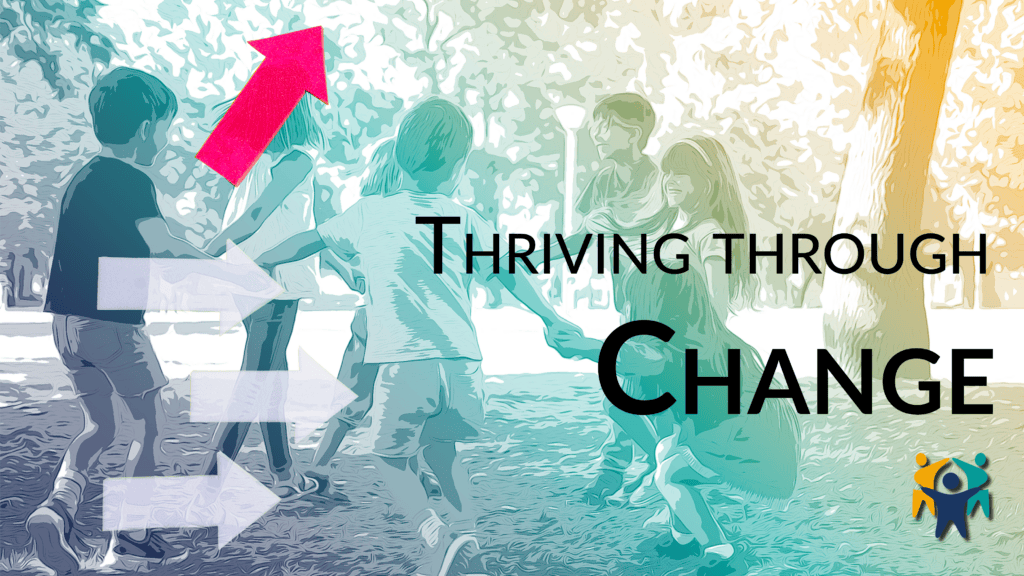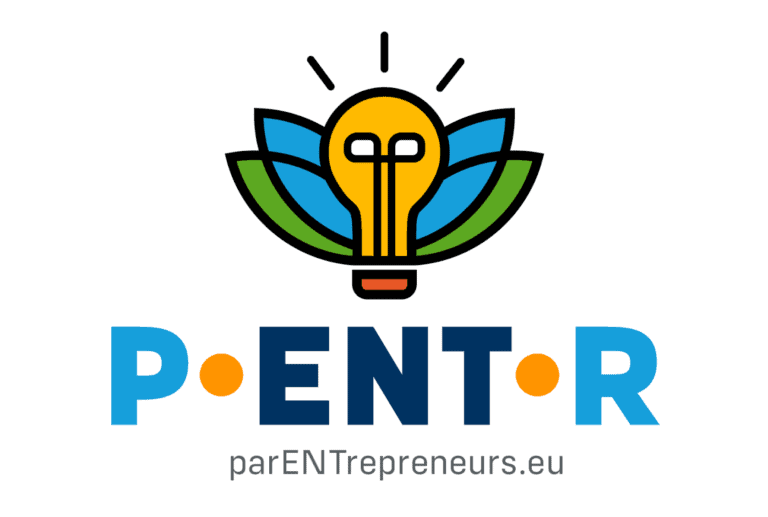Strengthening Parental Engagement: Research Insights on Parenting Support in Europe
Parental engagement plays a critical role in a child’s educational success and well-being. Research consistently shows that when parents, teachers, and school leaders work together, students perform better academically, develop stronger social skills, and exhibit greater emotional resilience. Despite its importance, it is not always easy to implement it effectively, and approaches vary widely across Europe.
A recent study conducted by Parents International, led by Eszter Salamon, examines the current landscape of parenting support in Europe, revealing sense-making practices, challenges, and opportunities in fostering strong parent-school partnerships. The findings highlight the need for inclusive, accessible parental engagement programmes that empower parents and strengthen family-school collaboration.
The situation in Europe
The way parental engagement and parenting support are structured varies significantly across different European countries. Some nations have state-funded programs that provide structured parenting resources, while others rely more heavily on community organizations and grassroots initiatives. The research identifies key themes that influence the effectiveness of parental engagement initiatives.
One of the most significant factors affecting parental engagement is accessibility. While many families benefit from available resources, others face barriers such as language difficulties, lack of time, or limited awareness of support options. Some parents express a need for more flexible and tailored support systems that reflect their individual circumstances.
Another critical factor is the evolving role of schools in parental engagement. Schools are increasingly recognized as key facilitators of parenting support, but teachers and school leaders often feel ill-equipped to guide parents effectively. The study suggests that stronger communication channels and professional development programs for educators could significantly enhance parental engagement strategies.
The Impact of Parental Engagement on Education
A well-established body of research confirms that parental engagement directly influences children’s academic success and social development. Students whose parents take an active role in their education tend to:
- Achieve higher grades and test scores
- Develop better social and emotional skills
- Show greater motivation and engagement in learning
- Experience fewer behavioural issues in school
Parental engagement is not only about assisting with homework. It encompasses a broader collaboration between families and schools, where mutual trust, communication, and shared decision-making contribute to a child’s overall development. Schools that actively foster parental engagement create more inclusive and supportive learning environments that benefit all students.
Despite these advantages, many parents struggle to engage with their child’s school due to work commitments, cultural differences, or a lack of confidence in their ability to contribute. Addressing these challenges requires a proactive approach from educators and policymakers.
Strategies for Strengthening Parental Engagement
The research highlights several key strategies that can help foster stronger parental engagement and create more effective support systems:
- Developing Accessible Support Programs
- Parenting resources should be easy to access and available in multiple languages.
- Support networks should consider the diverse needs of families, ensuring that resources reach all communities, including those in disadvantaged areas.
- Enhancing Communication Between Schools and Families
- Schools should establish clear and regular communication channels with parents.
- Parent-teacher meetings should focus not only on academic performance but also on well-being, social skills, and emotional support.
- Empowering Parents as Co-Educators
- Schools should provide workshops and training to help parents understand their role in their child’s education.
- Parents should be encouraged to participate in school activities, decision-making processes, and curriculum discussions.
- Strengthening School Policies on Parental Involvement
- Governments and school leaders should implement policies that promote sustained parental engagement.
- Schools should develop frameworks for ongoing evaluation and improvement of parental engagement strategies.
The Role of Parents International and the Participate Project
At Parents International, we believe that empowering parents through parental engagement is essential to improving educational outcomes. Through initiatives like the Participate Project, we work towards inclusive, research-based policies that enhance family-school partnerships.
The recent research publication, authored by Eszter Salamon, (available here) provides valuable insights into how parenting support can be improved across Europe. By fostering collaboration between parents, educators, and policymakers, we can ensure that every child receives the support they need to thrive academically and personally.
Conclusion: A Call for Stronger Parental Engagement
Strengthening parental engagement requires ongoing commitment from schools, policymakers, and families. Investing in effective family-school partnerships will help create a more inclusive, supportive, and successful education system for all students.
🔗 Read the full research findings here: https://parentsinternational.org/parenting-support-in-europe-research-published/
Devaney, C., Christiansen, Ø., Holzer, J., MacDonald, M., Matias, M., Piessens, A. & Salamon, E. (2021). The conceptualisation and delivery of family support in Europe: A review of academic literature. EurofamNet.
You can find the report in the ParentHelp Library here.



